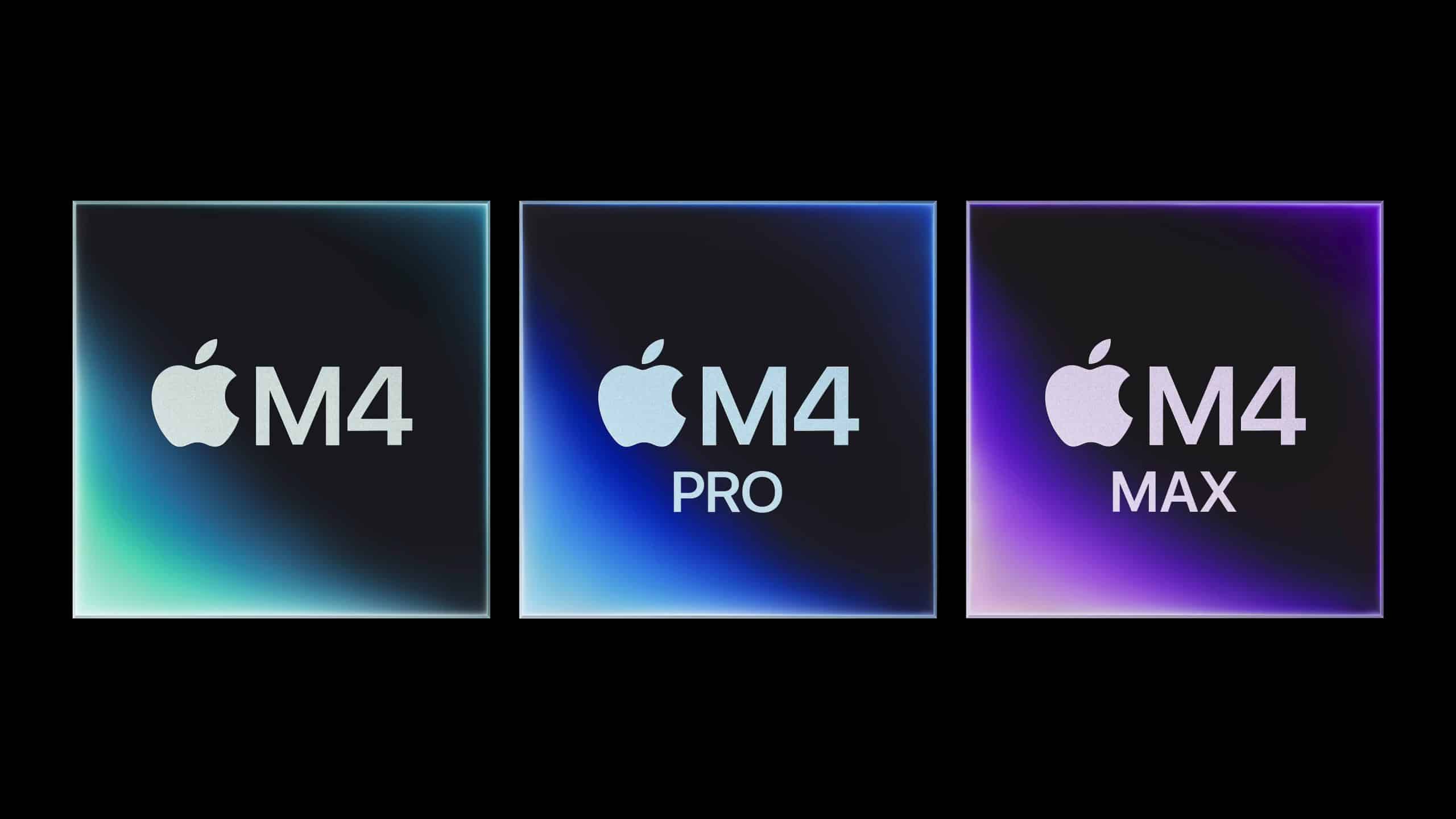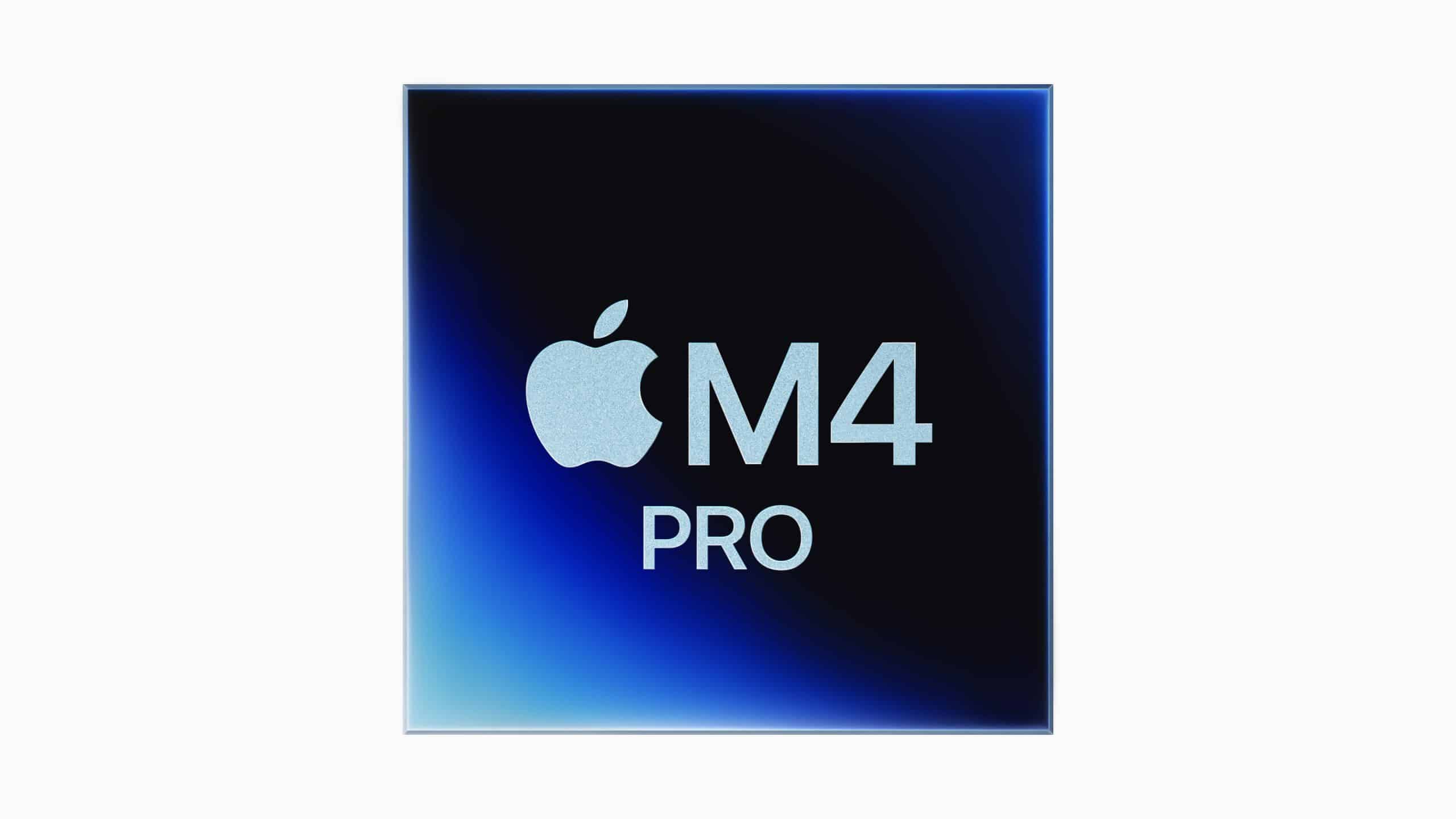According to recent reports, Apple is preparing to transition its Apple Intelligence servers from the M2 Ultra chip to the new M4 chip series starting next year. This shift is another major development in Apple’s ongoing efforts to enhance processing capabilities and privacy standards for its AI-based services. With Apple Intelligence servers responsible for managing advanced features and private cloud computing, the planned upgrade to the M4 chip signifies a strong commitment to maintaining Apple’s competitive edge in AI and machine learning.
The Current Landscape: M2 Ultra in Apple Intelligence Servers
At present, Apple’s Apple Intelligence servers are powered by the M2 Ultra chip, a formidable processor designed to handle demanding workloads. This chip supports Apple’s Private Cloud Compute models, which provide a secure infrastructure for tasks that demand more processing power than can be achieved through on-device processing alone. By combining robust local processing with these cloud models, Apple is able to offer AI-powered features without compromising user privacy. Apple has stated that data processed through its Private Cloud Compute models remains private and is never shared or stored by the company.
What We Know About the M4 Chip Series

The M4 chip series represents Apple’s next generation of silicon, expected to bring enhanced speed, efficiency, and graphics capabilities. As Apple rolls out the M4 for its servers, questions remain about which version of the chip will be deployed. While the standard M4 chip could offer a significant performance boost, Apple may opt for higher-end versions like the M4 Pro, M4 Max, or even an M4 Ultra, which has yet to be announced but could offer a massive leap in processing power for tasks requiring advanced computation.
This strategic shift was initially predicted by Haitong analyst Jeff Pu, and TrendForce analyst Frank Kung recently confirmed that Apple’s largest manufacturing partner, Foxconn, is being consulted to assist in expanding Apple Intelligence server production in Taiwan. Given Apple’s history of working closely with Foxconn for hardware manufacturing, this partnership underscores Apple’s commitment to maintaining high standards in server performance and reliability.
Potential Impact of the M4 Chip on Apple Intelligence Servers
The shift to the M4 chip series in Apple Intelligence servers could be a game-changer for Apple’s AI and machine learning capabilities. Here’s a closer look at the potential benefits:
- Improved Processing Speed and Efficiency
Apple’s M4 chip series is designed with enhanced performance benchmarks, which means that tasks requiring substantial computational power—like real-time data analysis and complex machine learning models—can be processed faster and more efficiently. This increased speed could reduce latency and improve the responsiveness of Apple Intelligence features on devices like iPhones, iPads, and Macs. - Enhanced Power Efficiency
A major advantage of Apple’s chip technology is its power efficiency. By transitioning to the M4 chip, Apple Intelligence servers could use energy more efficiently, which would be beneficial in terms of both cost savings and environmental impact. This power efficiency may also contribute to better performance during peak processing demands without overheating or excessive power consumption. - Support for Future Features
As Apple’s AI offerings evolve, more powerful hardware is essential to support advanced features. With the expected release of iOS 18.2, Apple Intelligence will be introducing tools like Genmoji, Image Playground, and expanded ChatGPT integration with Siri. The M4 chip will play a pivotal role in enabling these features, which require high-performance computation to deliver real-time, personalized experiences for users. - Stronger Data Privacy and Security
Apple’s Private Cloud Compute models are built to protect user data by ensuring that processing takes place within a secure environment. The M4 chip’s improved encryption capabilities and secure booting processes can strengthen these protections, giving users even more confidence in Apple’s privacy-focused approach to AI and machine learning.
Key Apple Intelligence Features Supported by Apple Intelligence Servers
Apple Intelligence servers are critical for processing complex tasks that can’t be fully handled by on-device processors. While certain Apple Intelligence functions rely exclusively on the device, many of the more computationally intensive features tap into the processing power of Apple Intelligence servers, creating a seamless blend of local and cloud-based AI services.
Let’s take a closer look at some of the most significant Apple Intelligence features that benefit from server-side processing:
- Advanced Writing Tools and Notification Summaries
Introduced with iOS 18.1, Apple’s writing tools allow users to generate and refine text within various applications. These tools can suggest edits, improve grammar, and even provide stylistic suggestions to enhance writing quality. Meanwhile, Notification Summaries utilize AI to help users manage notifications in a more organized manner by prioritizing content based on relevance and timing. - Genmoji for Custom Emoji
Set to launch with iOS 18.2, Genmoji allows users to create personalized emoji characters, combining customization with expressive options. This feature requires sophisticated algorithms to generate unique designs based on user preferences, which will likely benefit from the additional processing power of M4-enhanced servers. - Image Playground
Image Playground is an AI-powered image generation tool, allowing users to create and manipulate images with ease. This feature includes various filters, effects, and AI-driven tools to help users enhance photos or design visuals from scratch. Image Playground’s reliance on Apple Intelligence servers enables users to access high-quality processing without overloading their devices. - ChatGPT Integration with Siri
Apple has collaborated with OpenAI to bring ChatGPT’s advanced language model capabilities to Siri, making the voice assistant more responsive and versatile than ever. With this integration, Siri can handle complex, context-aware queries and provide more insightful answers. The computational demands of ChatGPT require substantial processing power, which Apple Intelligence servers with M4 chips will be better equipped to handle.
How Apple’s Privacy Policies Affect Apple Intelligence Features
Apple has long emphasized its commitment to privacy, and the expansion of Apple Intelligence with the M4 chip series only strengthens this stance. When it comes to Apple Intelligence features that utilize Private Cloud Compute, Apple assures users that their data is never stored or shared with the company. This approach is especially significant as privacy concerns surrounding AI and data processing continue to grow.
Apple’s Private Cloud Compute model acts as a bridge between the need for advanced processing and the commitment to privacy. By processing information in a secure environment without storing user data, Apple provides the benefits of cloud-based AI while minimizing privacy risks. In a world where many tech companies utilize user data for machine learning, Apple’s approach stands out as a model of how AI can be implemented responsibly.
What This Transition Means for Apple’s AI Ecosystem
Apple’s shift to M4-powered servers signals a new chapter in the company’s AI journey. The combination of on-device processing with cloud-based AI offers Apple a unique advantage. By keeping sensitive information on the user’s device and leveraging server power only when necessary, Apple is able to provide an experience that’s both efficient and respectful of user privacy.
The decision to work with Foxconn on expanding server production also underscores Apple’s commitment to scaling its AI infrastructure. This move could pave the way for even more sophisticated AI services in the future, with the potential for Apple Intelligence to expand its reach beyond iPhones and Macs, perhaps even into other Apple products.
The Future of Apple Intelligence with iOS 18.2 and Beyond
With the public release of iOS 18.2 just around the corner, Apple users can expect a range of new AI-driven features, thanks to Apple Intelligence and the powerful M4 chip. As Apple continues to refine its hardware and software, the synergy between devices and cloud-based processing will likely become even more seamless.
The next wave of Apple Intelligence features, such as Genmoji, Image Playground, and enhanced Siri capabilities, demonstrates Apple’s commitment to providing users with creative and practical tools that enrich their digital experience. The addition of the M4 chip will only enhance these capabilities, supporting the kind of real-time processing and advanced AI that users now expect from modern technology.











